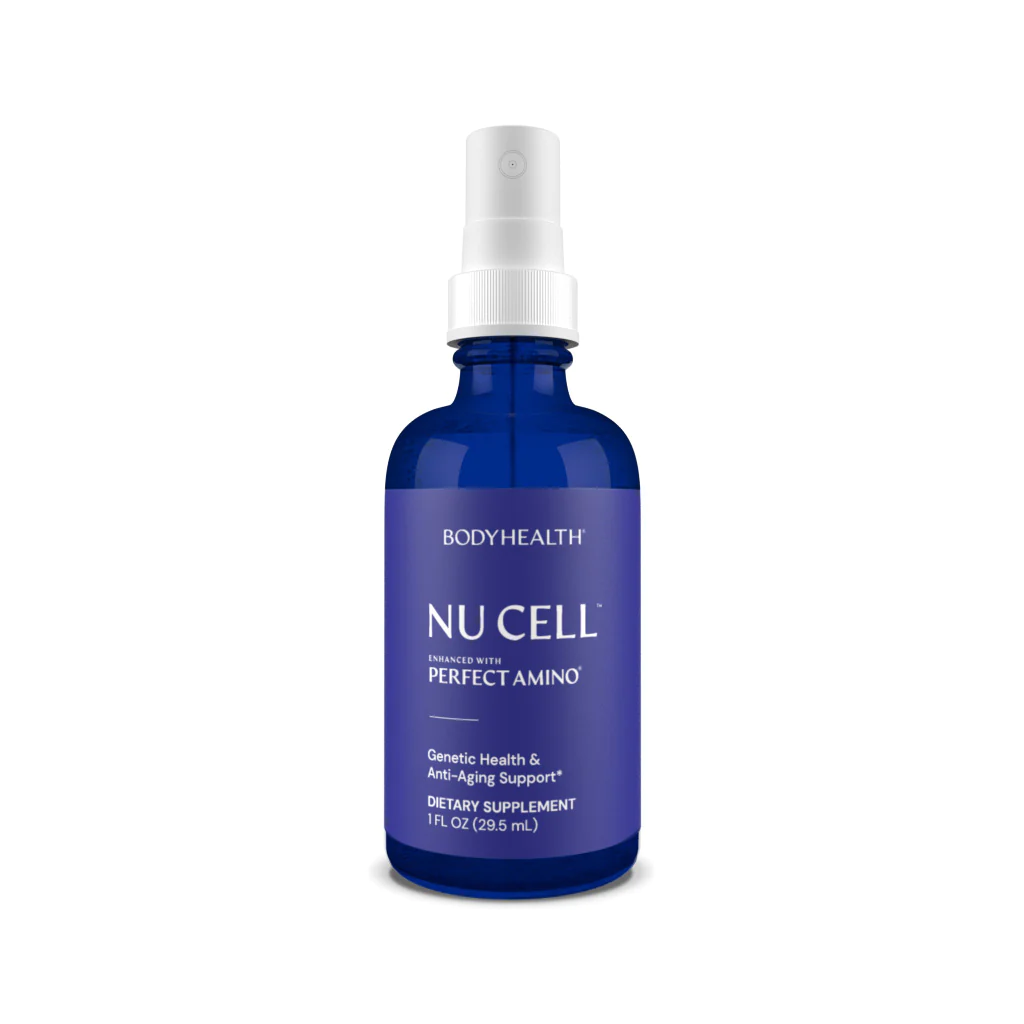Article Topics
Tetrahydrocannabinolic acid, or THCa, is emerging as a focal point in the discussion surrounding the therapeutic potential of cannabis. Unlike its counterpart THC (Tetrahydrocannabinol), THCa is a non-intoxicating compound found abundantly in raw and unheated cannabis. Let’s delve into some of the promising therapeutic benefits attributed to this cannabinoid.
The Structure of THCa
THCa exists in its acidic form and is prevalent in freshly harvested cannabis plants. Its molecular structure is distinct from THC due to the presence of a carboxylic acid group (hence the ‘a’ in THCa). This chemical configuration contributes to its non-psychotropic nature.
Decarboxylation: Transforming THCa to THC
When exposed to heat through methods like smoking, vaping, or baking, THCa undergoes a process known as decarboxylation. This process involves the removal of the carboxylic acid group, converting THCa into THC. This transformation is pivotal in unlocking the psychoactive properties of cannabis.
The Non-Psychoactive Nature of THCa
One of the most remarkable aspects of THCa is its lack of psychoactive effects in its raw form. Unlike THC, which binds directly to cannabinoid receptors in the brain, THCa does not engage with the endocannabinoid system in the same manner. This absence of psychotropic effects makes THCa an attractive option for individuals seeking the potential therapeutic benefits of cannabis without experiencing the ‘high.’
Understanding THCa’s distinct properties and its transformation into THC through decarboxylation is fundamental in comprehending the different effects of raw cannabis versus heated or processed forms. The absence of psychoactivity in THCa makes it an intriguing cannabinoid, particularly in the context of medicinal applications and holistic wellness.
1. Anti-Inflammatory Properties
One of the standout features of THCa is its potential as an anti-inflammatory agent. Scientific studies have indicated that THCa might showcase significant anti-inflammatory effects, potentially aiding in managing various inflammatory conditions. Inflammation is associated with numerous health issues, and the ability of THCa to potentially mitigate this response could be groundbreaking for individuals with conditions like arthritis or inflammatory bowel disease.
2. Neuroprotective Potential
Research into THCa suggests promising neuroprotective properties. While preliminary, studies have hinted at the possibility of THCa playing a role in protecting neurons from damage or degeneration. This aspect of THCa has garnered attention in exploring its potential for neurodegenerative diseases like Alzheimer’s and Parkinson’s, offering hope for future treatments or interventions.
3. Potential as an Antiemetic
THCa has shown promise as an antiemetic, indicating its ability to potentially alleviate nausea and vomiting. This quality can be particularly valuable for individuals undergoing chemotherapy or experiencing side effects from various medical treatments. The prospect of THCa providing relief without the psychoactive effects commonly associated with THC is an exciting area for further exploration.
4. Antioxidant Properties
The antioxidant properties of THCa have also sparked interest. Antioxidants play a crucial role in combating oxidative stress, which is linked to various health conditions. THCa’s potential as an antioxidant might contribute to overall wellness by reducing cellular damage caused by oxidative stress.
5. Pain Management Potential
Early research and anecdotal evidence suggest that THCa might have analgesic properties, contributing to its potential in managing pain. Whether it’s chronic discomfort or acute pain, the exploration of THCa’s role in pain management could offer alternative solutions for individuals seeking relief.
The investigation into THCa’s therapeutic benefits is still in its early stages, and further rigorous scientific research is essential to validate these findings. However, the preliminary data and anecdotal evidence indicate a promising future for THCa as a potentially valuable therapeutic agent.
Stay tuned for future developments as the scientific community continues to unlock the mysteries and potentials of THCa.







































Leave a Reply Cancel reply